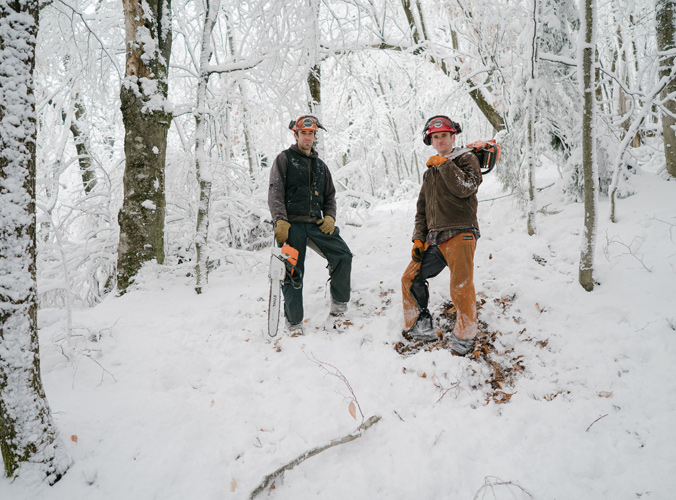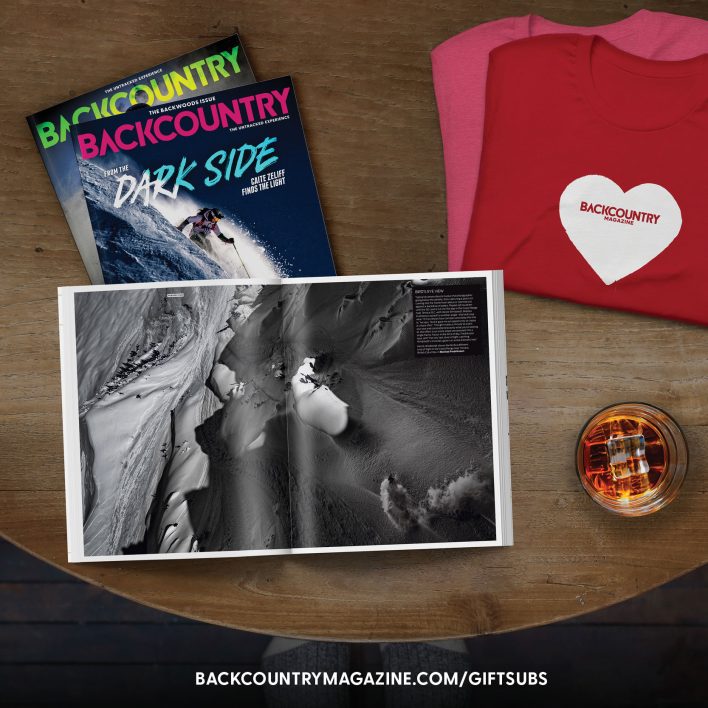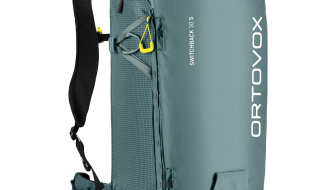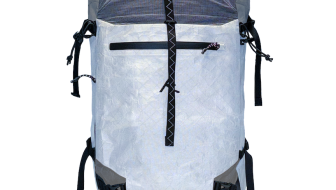Nestled in the mountains of central Vermont, the sleepy town of Rochester is usually a brief, 10-second view out the window for anyone passing through. But long volunteer hours from Rochester-area residents like Angus McCusker and Zac Freeman are giving visitors a reason to linger in town—and the surrounding woods.
McCusker, 35, and Freeman, 39, founded the Rochester Area Sports Trail Alliance (RASTA) in 2013 to create a ski club for their community. Directly following the organization’s formation, an area landowner approached Freeman, now RASTA’s vice president, about conserving land while creating and maintaining gladed ski zones in the nearby Braintree Mountain Forest (BMF). Another state-sanctioned project soon followed on national forest land on Brandon Gap, the mountain pass near McCusker’s home. Once these plans were in motion, RASTA was off and running, Freeman spearheading the Braintree project and McCusker leading the charge on Brandon Gap.
Sanctioned glading in Vermont woods is a major step in the evolution of Northeastern ski touring, where the practice of clearing dense vegetation to create lines has long flown illegally and under the radar. RASTA is setting a new precedent in their practices.
“We work with the land managers to determine what can or cannot be cut,” explains McCusker, RASTA’s president. “Sometimes the focus might be on Timber Stand Improvements or protecting certain species such as mountain ash. In other areas, we might be focused on protecting habitat for a fledgling northern long-eared bat, which is currently endangered.”
Then Freeman, McCusker and a crew of volunteers get to work. “The BMF volunteers focused on one glade at a time, clearing the way with chainsaws, hand saws and loppers,” Freeman says. “The crews opened up one 800- to 1,000-vertical-foot run per work day, ranging from 20 feet to 40 feet wide. The Brandon Gap volunteers followed the lead of United States Forest Service-certified sawyers who flagged and cut trees prior to workdays. Volunteers moved, piled and cut downed brush and trees, clearing the glades.”

McKusker and Freeman in their element. [Photo] Marius Becker
And around the state, the same mentality applies. “People are itching to find legal areas to go tour and shred,” Freeman says. “Some folks wake up at 4:30 in the morning to get to the trailhead at 9 a.m. so they can help us on trail work days—it just shows the passion and the energy that’s out there in the Northeast for this kind of project.”
McCusker sees this as the start of a changing ski industry, a throwback to an earlier ski economy across the state. “We are getting back to the way skiing used to be in Vermont, before the boom of larger ski resorts when the mom and pop ski resorts went under,” he says. “It’s an exciting time for skiing and riding in Vermont.”
Now under the umbrella of the Catamount Trail Association (CTA), another Vermont nonprofit, RASTA’s goals are even more legitimized, and the organization is leveraging CTA’s nonprofit connections to spread sanctioned glading across the Vermont landscape.
“Angus has, from day one, been really proactive in contacting us and keeping us involved,” says Amy Kelsey, executive director of the CTA. “He has always been looking for partnerships instead of trying to do it alone or making it an independent project. He has seen the collective benefit and strength of working together.”
She continues, “I know a lot of people who spend time volunteering, but these two guys, they have kids and families, and they just give hour after hour of their time because they love it and they just want to see [their vision] happen.”
And as for the longevity of the trails these two are blazing in the Green Mountains, Freeman says, “It is clear that it is no longer just a fad.”










Related posts:
The Uphill Agenda: Aspen’s mayor ushers in a new wave of ski-focused economy
Revive Rogers: A Clean Slate for Rogers Pass, B.C.
From Granite to Grizzlies
Homeward Bound: Chad Sayers talks international travel and the search for home